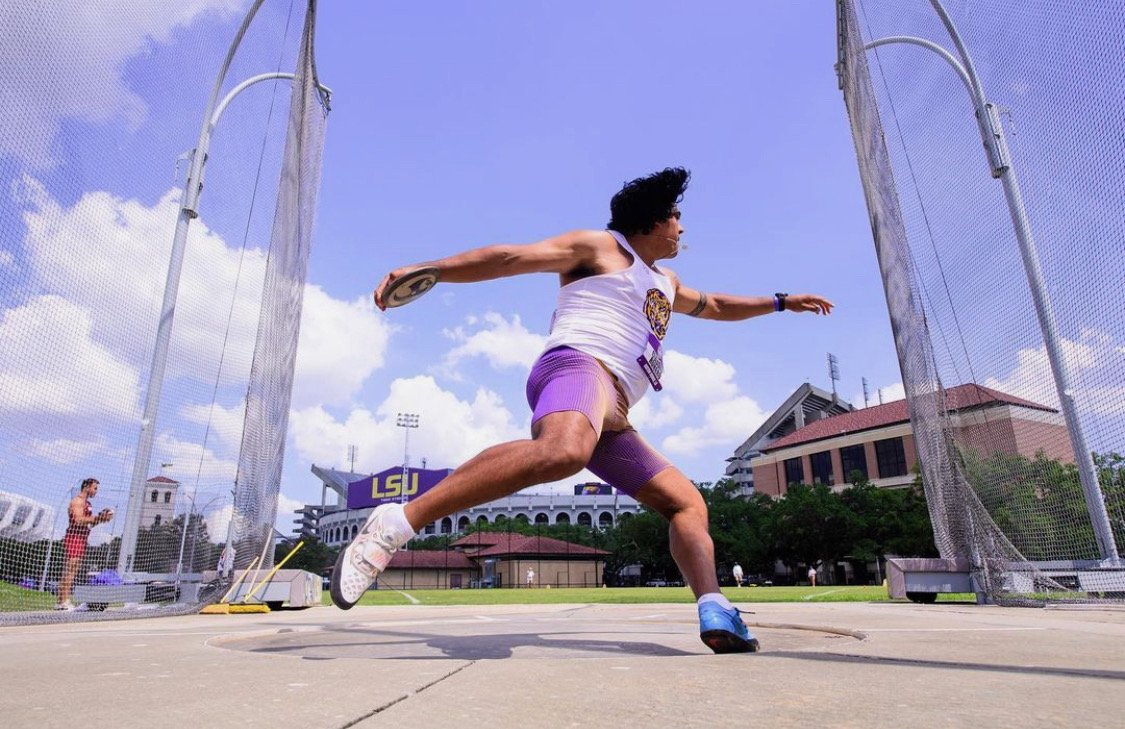Alston v NCAA Case and How it Impacts College Athletics
NCAA I Track and Field Recruiting
Looking to graduate college with the potential to earn over $20,000 for participating in NCAA Division I Track & Field? Look no further than the Alston v NCAA case.
Recently, NCAA athletes have started receiving two new forms of compensation. One source comes from Name, Image, and Likeness (NIL) opportunities. The other is through Alston awards, which are financial awards provided directly by universities and are related to education. These awards could amount to approximately $24,000 over a four-year college career, with athletes potentially receiving up to $5,980 annually. The Alston awards are given as recognition for academic achievement and are in addition to other scholarship sources.
Here's the breakdown:
The Alston v. NCAA case has a significant impact on college athletics, and here are a few key ways it may affect the landscape:
Expanded educational benefits: The ruling permits colleges and universities to offer additional education-related benefits to student-athletes. These benefits can include scholarships for graduate school, postgraduate internships, study abroad programs, computers, tutoring services, and more. Essentially, it allows schools to provide a wider range of educational support to athletes, thereby enhancing their overall college experience.
Increased financial support: The decision clears the path for colleges and universities to provide more financial support to student-athletes. While the ruling does not require direct payments to athletes based on their athletic performances, it opens the door for schools to surpass traditional scholarships and provide additional financial resources to cover various expenses related to their education and well-being.
Potential for further challenges: Although the Alston v. NCAA case specifically focused on educational benefits, it may establish a precedent for future legal challenges seeking broader compensation rights for college athletes. The case challenges the NCAA's long-standing amateurism model, which prohibits direct payment to athletes beyond scholarships. This ruling could embolden future lawsuits that seek additional forms of compensation, such as endorsement deals or a share of the revenue generated by college sports.
Evolving college athletics landscape: The Alston v. NCAA case is part of a larger shift in the perception of college athletes' rights and compensation. It adds momentum to ongoing discussions and debates about the appropriate treatment and financial support for student-athletes. The ruling may prompt further examination and potential reforms of the current collegiate sports system, potentially leading to changes in how college athletes are compensated and benefiting them in the long run.
Schools Offering Academic Bonuses
Out of the 130 NCAA FBS-level schools, 22 schools have stated that they have plans in place to provide academic bonus payments of up to $5,980 per year to their athletes:
- Arkansas
- Auburn
- Clemson
- Colorado
- Connecticut
- Florida
- Iowa State
- Kentucky
- LSU
- Miami
- Missouri
- North Carolina
- Oklahoma
- Oklahoma State
- Ole Miss
- Oregon
- South Carolina
- Tennessee
- Texas
- Texas Tech
- Washington
- Wisconsin

